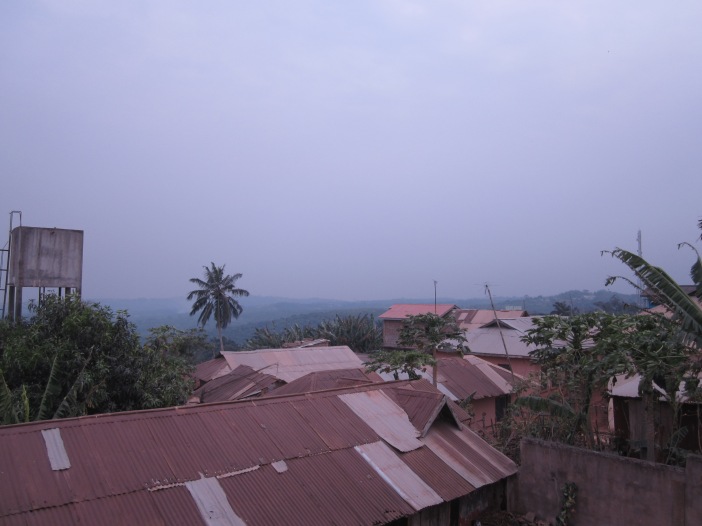This is one of those subjects that could fill books, and has. This is how my summer has felt: my mind wanders from endless subject to endless subject and I feel like there is always more that could be pondered, thought, or said. So hopefully it’s ok that I’m choosing to write just a few reflections; just know that I know this is merely a scratch on a very large surface.
Until this week I hadn’t posted in two months. Those months have flown by actually, filled with weddings and birthdays and everyday adventures. I’m working full-time now, too, which is way more time consuming and exhausting than people voluntarily admit. In so many ways this has been a summer dripping with the goodness and provision of God, as I have gotten to spend time with people I love and jump into this new chapter of my life.
And yet I often am finding myself at a loss for words. Which isn’t great when a huge part of your job depends on finding the right words to use. Friends from back home ask me how life in Grand Rapids is, or my housemates ask me how work is going and I freeze. I listen to and read local, national, and world news and I draw a blank. What is there to say that isn’t already being said? How can I use language to enrich the lives of people around me, to say something that is both truthful and insightful? My job is fine, but why? Grand Rapids is lovely in the summertime, but why? Wedding planning is the most exciting and stressful thing I’ve ever done in my life, but why?
There is so much noise in the world, so many people who talk just for the sake of talking. Words are tossed around like flakes in a snow globe, blurring reality and agitating emotions. It doesn’t help that we’re in an election year.
I don’t know the exact moment when I learned how powerful words could be, but I know it was a long time ago. My dad reads voraciously and has passed this on to my brothers and I. We have read so much as a family and as individuals, and are living proof of what reading can do to expand one’s vocabulary. Unfortunately that also means that we are especially skilled in using words as weapons. I don’t want to over-dramatize because our family is not especially riddled with conflict or anything, but when conflict arises in the normal course of life together we all have language in our arsenal. I have witnessed firsthand the power of language to humble, shame, ridicule, or defeat, and I have become an expert myself.
In light of all of these things, I often get overwhelmed by the immense damage we can do with our words. I fear the damage I have done and could do by speaking when I don’t have anything in particular to say. For every time I have consciously chosen to use words against someone else, I have subconsciously spoken or written just to draw attention to myself. Writing is my “thing.”
And yet.
Just because I have (and no doubt will continue to) used words poorly and for the wrong reasons at times doesn’t mean I should just quit using them all together. Welcome to the broken and the beautiful. As a Christian I believe that until Jesus returns, the broken and the beautiful will coexist. The broken may taint or even hide the beautiful, but Jesus promises that darkness will not win.
So those who follow Him are free to muddle through and say the wrong words sometimes and mistakenly fill sacred silence. Using language for the glory of God takes practice, especially in a world that provides so many examples of the opposite.
Yes, words have the power to break, to wound, to destroy, to weaken. But they also have the power to heal, to build, to empower, to strengthen. Our world needs more of these kinds of words, for silence cannot drown out hatred, and only light can drive out darkness.
